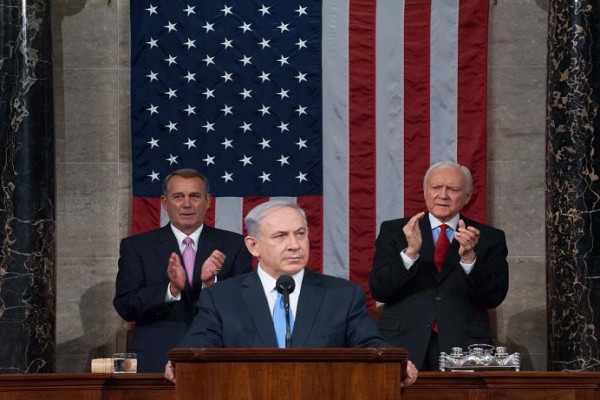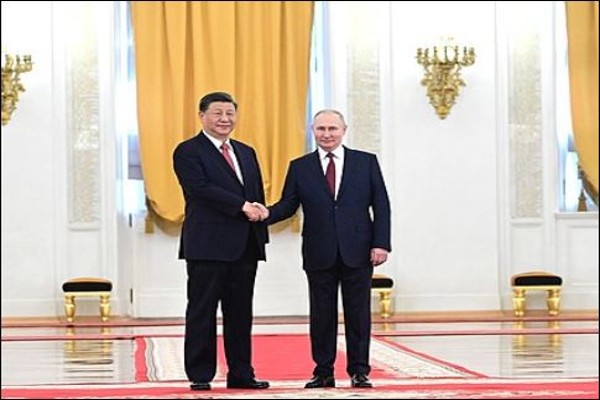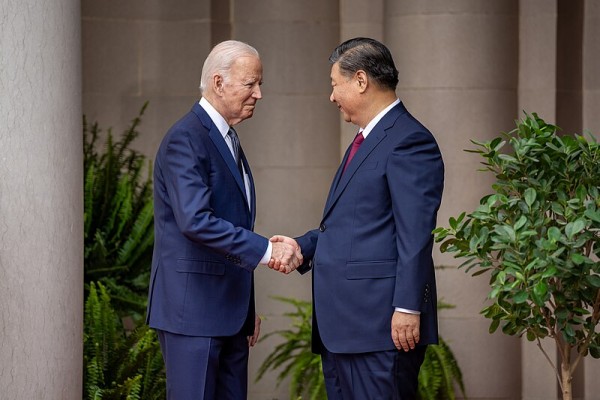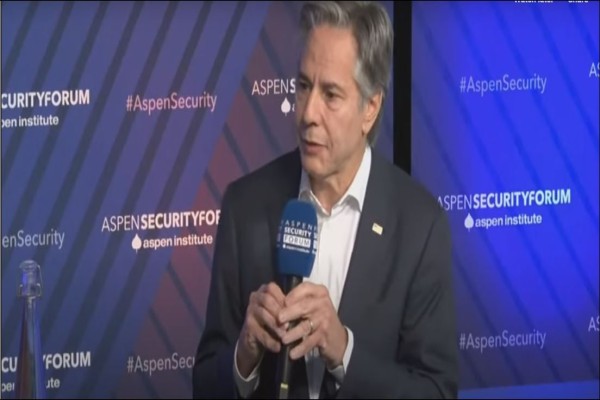US secretary of State Anthony Blinken believes that a ceasefire in Gaza is imminent, with the Hamas reportedly having ‘signed on’ to a framework proposed by US President Joe Biden On May 31.
“I believe we’re inside the 10-yard line and driving toward the goal line in getting an agreement that would produce a ceasefire, get the hostages home, and put us on a better track to trying to build lasting peace and stability,” he said.
He was speaking at the annual Aspen Security Forum Fireside Chat Moderated by Mary Louise Kelly of National Public Radio on Friday, July 19, barely two days before Israeli Prime Minister Benjamin Netanyahu arrives in Washington DC on Monday, July 22.
During his visit, Netanyahu is expected to meet US President Biden on Monday, and address a joint session of Congress for a record fourth time on Wednesday.

Arguing that “what we can’t have is an agreement that’s followed by some kind of void,” which is filled by the Hamas or lawlessness, Blinken said the U.S. is working on a “day-after” plan for Gaza governance, security, and humanitarian assistance.
Asked about reports that Netanyahu is likely to “slow-walk or even thwart a ceasefire and hostage deal because the far right in his coalition oppose it and it could cost him his job,” Blinken said “for the Israeli people, bringing people (hostages) home is their number one priority. And I believe getting a ceasefire is something that most Israelis support.”
As for a two-state solution to the problem, he said that despite the current challenges, “I believe strongly that yes, that has to be the future,” he said. “And by the way, the two strongest opponents of a two-state solution, who are they? Iran and Hamas. So the strongest possible rebuke to both Iran and Hamas would be the realization of two states..”
“So we can see a future where Israel is integrated in the region, it’s more secure, the Palestinians realize their aspirations for a state, and the enemies of that future – Iran and its various proxies – are isolated,” he said.
The Iran Box

As for Iran, he said that it is currently about 1-2 weeks away from having breakout capacity for fissile material for a nuclear weapon, and the US policy remains that it cannot be allowed to do.
“We had…an agreement reached during the Obama administration that actually put Iran’s nuclear program in a box. And one of the biggest mistakes that we’ve made in recent years, was throwing out that agreement and allowing Iran to get out of the box that we put it in,” he said.
“The U.S. has imposed over 600 sanctions on Iranian entities and is working closely with European partners to ensure that Tehran does not weaponise, he added.
‘Trump Proof’ Ukraine
When asked whether it was possible to “Trump-proof” aid for Ukraine, and whether the US would agree to let the weapons being sent to the country be used for deep strikes in Russia (despite Moscow’s warning that any such strike would force it to consider the nuclear option), Blinken said that Russian Vladimir Putin has already failed in his objective to erase Ukraine’s independence.
He also noted that NATO has expanded military support, including the provision of F-16 fighter jets expected to be operational this summer, and that while “we can’t lock in the future,” the U.S. and its allies have signed 10-year bilateral security agreements with Ukraine to help build its deterrent capacity.
As for the US sanctions on Russia, he said “it means that everything that so many countries around the world can do easily, it’s much harder for them to do. Everything that we can do cheaply, it’s much more costly for them to do. And this has a growing, powerful weight on Russia’s economy and on Russia’s future.”
“You have a combination of sanctions, export controls, a brain drain from Russia… Its ability to move forward with critical industries, whether it’s defence aerospace, whether it’s energy exploration – all of those have a heavier and heavier weight on them,” he added.
The Weight

But, he admitted, “it’s also true the Russians have found workarounds, and particularly in their relationship with North Korea, with Iran, and unfortunately with China, they have found ways to keep the defence industrial base moving so that they can continue to prosecute the aggression against Ukraine.”
So what does the US plan to do about China?

“We’ve done a number of things that are critical,” said Blinken. “We have restored regular, high-level engagements between our countries. And that’s vitally important, because if you want to avoid any kind of unintended conflict, you’ve got to start by talking, by communicating. And there’s a steady drumbeat of these engagements, these communications, including restoring, critically, these military-to-military communications.”
However, American concerns about China’s actions regarding Taiwan and in the South China Sea remain. Also, the U.S. is working with China on issues like curbing fentanyl precursor chemicals which are used to make the deadly opioid which has led to a massive, deadly drug crisis in America, he added.
Over 100,000 OD’s a year from fentanyl
How many more souls are being actively destroyed by these drugs as well?
This is the result of what the left calls “compassion”
— 🪶Native Patriot 🇺🇸 (@LaNativePatriot) July 8, 2024
On domestic issues, Blinken addressed concerns about political violence in the U.S. and its impact on America’s global standing, and stressed the importance of confronting challenges openly and transparently as a strength of American democracy.
Highlighting issues like the humanitarian crisis in Sudan, cybersecurity, misinformation, and demographic changes affecting global economics and politics, he pointed to the creation of new bureaus in the State Department to address emerging challenges, including global health, cyber policy, and a China House.
In a career spanning three decades and counting, Ramananda (Ram to his friends) has been the foreign editor of The Telegraph, Outlook Magazine and the New Indian Express. He helped set up rediff.com’s editorial operations in San Jose and New York, helmed sify.com, and was the founder editor of India.com.
His work has featured in national and international publications like the Al Jazeera Centre for Studies, Global Times and Ashahi Shimbun. But his one constant over all these years, he says, has been the attempt to understand rising India’s place in the world.
He can rustle up a mean salad, his oil-less pepper chicken is to die for, and all it takes is some beer and rhythm and blues to rock his soul.
Talk to him about foreign and strategic affairs, media, South Asia, China, and of course India.





